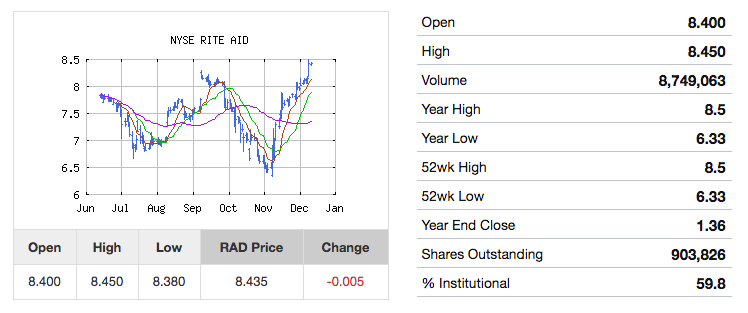Finding winners in the pharmaceutical sector is not an easy process. But it is potentially quite lucrative.
For the pharmaceutical companies themselves, the current environment for success is reminiscent of the Greek myth surrounding Sisyphus, whom the gods condemned to repeatedly roll a boulder up a hill—only to have it roll down again once he got it to the top—for all eternity.
Today’s pharmaceutical firms must use vast amounts of capital in search of a blockbuster drug, which can generate $1 billion or more in annual sales. But then, even when such a medicine is found, the benefits provided are fleeting: from the moment a drug makes it to market, the clock begins ticking on its patent exclusivity. Once this expires and generic copycats reach the market—typically within a decade or so—revenues for the original inevitably fall, and often quite rapidly.
Then, like Sisyphus, the companies climb the hill of developing blockbuster drugs again, investing anew in the whole risky and costly process of drug development.
If you are an investor in the sector, you want to focus on the companies that have drugs in their pipelines with blockbuster potential, as well as the funds necessary to propel them through several trial stages.
Since 2010, the global pharmaceutical sector has invested the equivalent of around one quarter of its revenues in drug development each year. The U.S. industry alone spent some $83 billion on R&D in 2019—when adjusted for inflation, that’s about 10 times what it spent in the 1980s!
So, which segments of the pharmaceutical industry (and which drug companies) are poised to come up with the next blockbuster drugs?
Precision Therapies
Recent advances in science are ushering in a new era of highly effective personalized medicines. So-called precision therapies are based on greater understanding of how diseases work on a molecular level. This translates to doctors being able to identify what treatments fit which patients, and why.
Precision therapies are tailored to fit specific groups of people. This means they will likely be highly effective. But can cutting-edge personalized medicines reach blockbuster drug status? The naysayers say the market size is too small…but they seem to forget that innovative drugs can command very high price tags.
Consider recent data from the drug price tracking service division of GoodRX (GDRX). It shows that, after 15 years on the market, the average drug with accelerated approval by the FDA underwent 15.4 price increases. Drugs subject to conventional approval saw 12.7 price increases in the same span of time.
Keeping an eye on the list of development-stage therapies expedited through the FDA’s approval processes can provide insight into which companies have potential blockbusters in the pipeline. Continue reading "AstraZeneca’s (AZN) Blockbuster Drug Pipeline"

